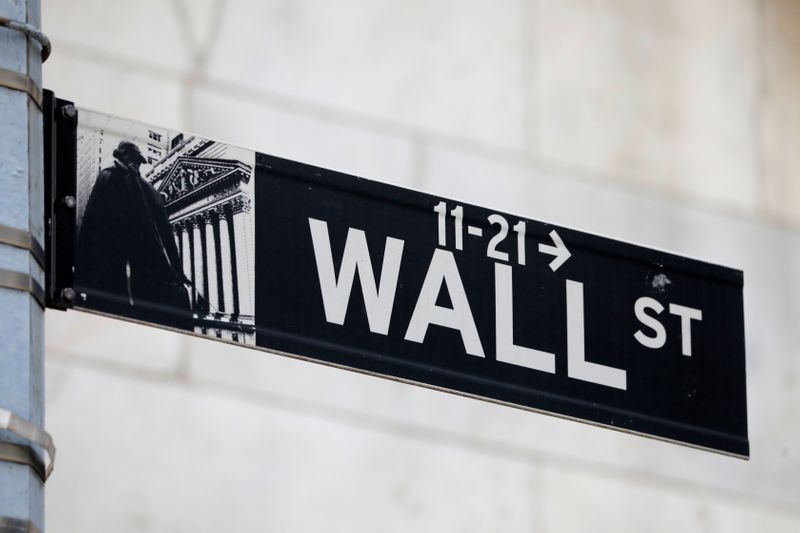The Dow futures contract was up 35 points, or 0.1%, the S&P 500 futures were up 20 points, or 0.5%, and the Nasdaq 100 futures were up 130 points, or 1.1%, as of 7:00 ET (11:00 GMT).
As investors analyzed the weekend decisions made to safeguard the nation’s banking system in the wake of Silicon Valley Bank’s (NASDAQ:SIVB) failure and the possible implications for future Federal Reserve rate hikes, it is anticipated that U.S. markets would open higher on Monday.
On Sunday, the Federal Reserve and the U.S. Treasury declared that they would provide protection for all depositors at SVB and those at Signature Bank (NASDAQ:SBNY) who had deposits that had been closed during the weekend.
To prevent runs on other banks in the wake of the second-and third-largest bank collapses in American history, these authorities also unveiled a new funding program for any federally insured bank.
The joint statement stated, “Today we are taking significant moves to defend the U.S. economy by enhancing public confidence in our financial sector.
On Friday, the three benchmark equity indices closed substantially lower due to concerns that the issues at SVB will have broader effects. Over 350 points, or 1.1%, were lost by the blue-chip Dow Jones Industrial Average, while 1.5% were lost by the S&P 500 and 1.8% were lost by the tech-heavy Nasdaq Composite.
Although the market had largely anticipated following hawkish remarks from Fed officials and the publication of generally positive economic statistics, the instability in the banking industry has increased anticipation that the Federal Reserve will have to think carefully about raising interest rates next week.
Investors are growing concerned that the Fed’s initiative to combat inflation has revealed banking system flaws that could worsen if it intensifies its rate hikes.
Goldman Sachs, a well-known investment bank, stated on Sunday that its analysts no longer anticipate the U.S. central bank to deliver a rate hike at its meeting on March 22 after previously anticipating a 25-basis-point increase.
The banking industry will continue to dominate corporate news, as Wells Fargo (NYSE:WFC), Citigroup (NYSE:C), and JPMorgan (NYSE:JPM) all experienced premarket declines of over 2.5%.
Regional banks were hit even harder, with shares of PacWest Bank (NASDAQ:PACW), First Republic (NYSE:FRC), and Western Alliance (NYSE:WAL) all plunging significantly in premarket trading. First Republic (NYSE:FRC) stock also fell over 60%.
According to a Reuters report, the Biden administration authorized a significant oil drilling project in Alaska, which caused oil prices to revert some of their earlier gains.
According to ConocoPhillips (NYSE:COP), the project is anticipated to generate over 600 million barrels of oil equivalent over its lifetime, peaking at 180,000 barrels per day.
Crude prices had gained earlier on Monday from the decline in the value of the US dollar due to increased hopes that the Fed would eventually scale back its monetary tightening stance.
Oil became more affordable for holders of other currencies as the dollar index, which measures the dollar’s value against a basket of six other currencies, sank to two-week lows.
Around 7:00 ET, the price of U.S. crude futures was down 1.6% at $75.44 per barrel, while the price of the Brent contract was down 1.5% at $81.55.
Gold futures also increased 1.1% to $1,887.65/oz, and the EUR/USD traded 0.3% higher at 1.0675.




 By:
By:





